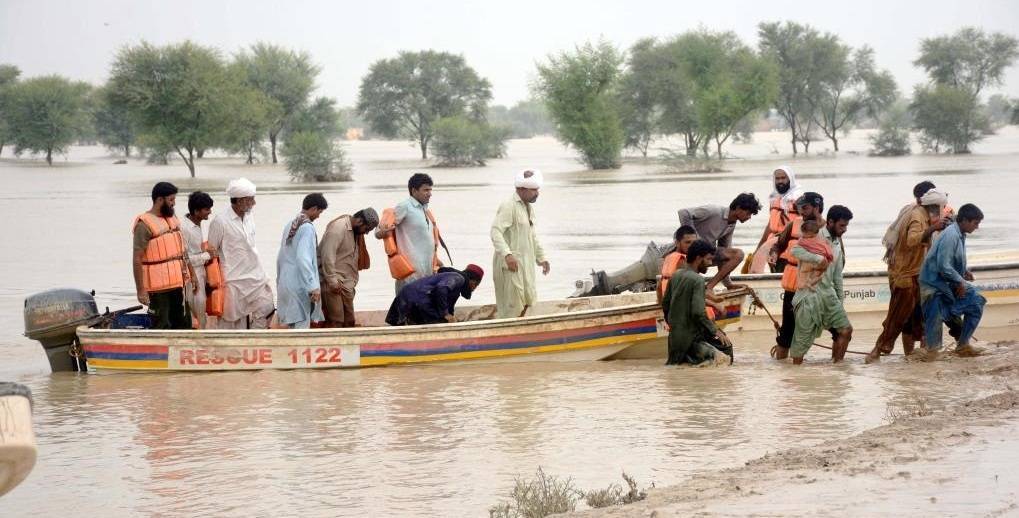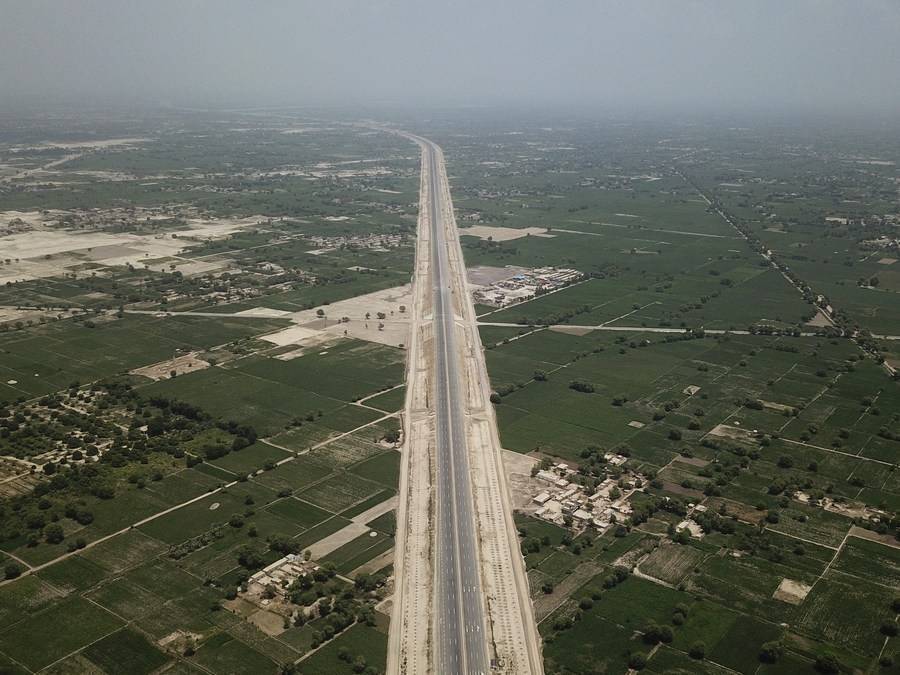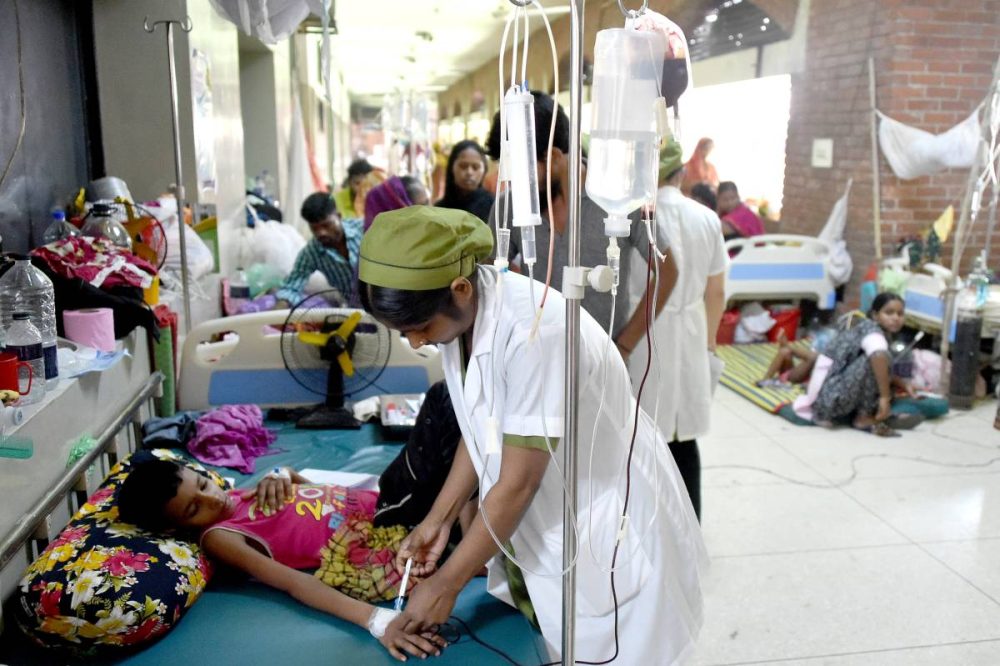Ismail’s statement comes at a time when Pakistan is affected by the devastation, destruction and mass displacement of at least 33 million Pakistanis…reports Hamza Ameer
Pakistan’s Finance Minister Miftah Ismail has said that despite the catastrophic floods, which have led to new major challenges, the country will not default nor will there be any deviation from reform policies and designs, made to stabilise the crippled economy.
“The path to stability was narrow, given the challenging environment, and it has become narrower,” the Minister said.
“But if we continue to take prudent decisions, and we will, then we are not going to default. Absolutely not.”
Ismail’s statement comes at a time when Pakistan is affected by the devastation, destruction and mass displacement of at least 33 million Pakistanis.
As per estimates, the total damages due to the catastrophic floods so far have already cross $30 billion and are expected to go increase in the coming days and weeks.
The impact has further damaged the already crippling and reeling economy of the country with its currency on a free fall against the US dollar.
But the Finance Minister believes that the stabilization policies and targets remained on track.
“We were able to bring an International Monetary Fund (IMF) programme back on track after months of delay, thanks to the tough police decisions. Despite the disaster of catastrophic rainfall and floods, there will be no major deviation from reforms designed to stabilize economy.
“Most stabilization policies and targets were still on track, including increasing dwindling foreign exchange reserves,” he added.
The Minister’s claims however,do not reflect on the current standing of Pakistan as its Central Bank reserves stood at about $8.6 billion, despite the release of $1.12 billion in IMF funding during August this year.
The current reserves are only enough to handle and cater to about a month of imports.
However, Ismail believes that Pakistan will be able to increase its reserves by $4 billion, even if the floods affect the current balance in terms of more imports of cotton.
“Yes, there has been substantial loss to the very poorest people and their lives will never be made whole again. But in terms of servicing our external and local debt, and being micro-macro-economically stable, those things are under control,” he said.
While the Finance Minister conceded that the country’s credit default risk has gone up, he expressed hope that the coming days will bring in more normalcy in the market after the global market realizes that Pakistan is committed to being prudent.












